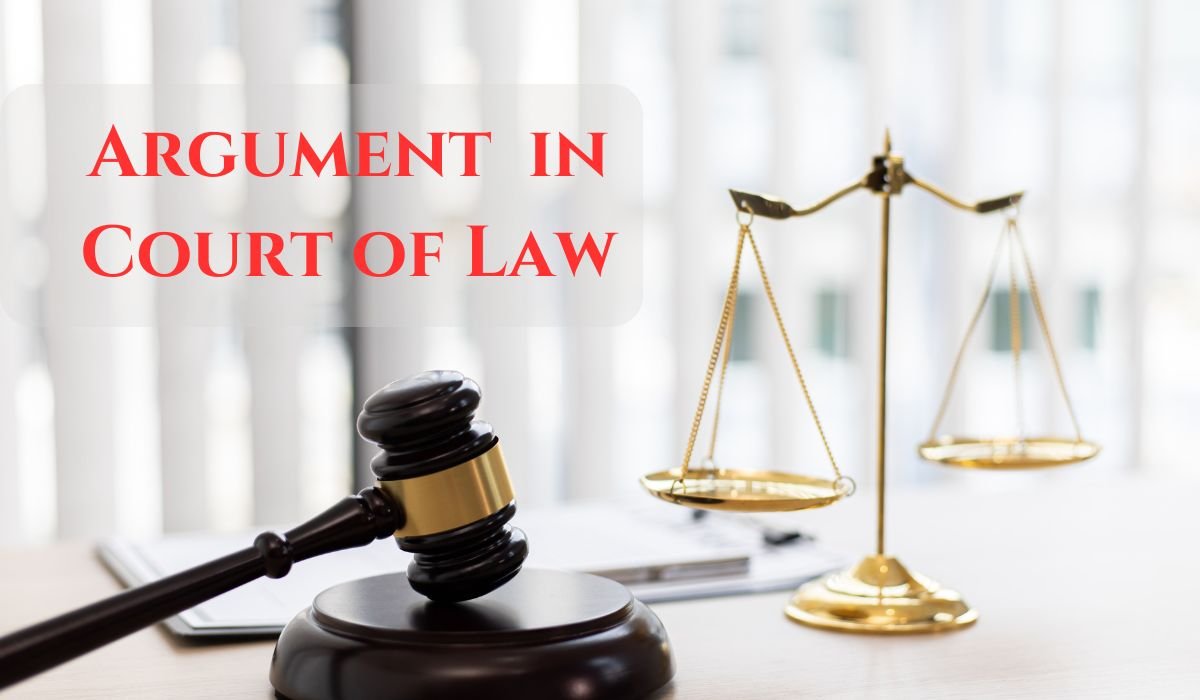The legal system, often thought as a complex and intimidating field, which might seem to be inaccessible to the common man. The courtroom portrayed as a domain for lawyers, a place where complex arguments and legal knowledge reign supreme. But what if you don’t have the resources to hire a lawyer? Does that mean the justice system is out of reach? The answer is no. In most jurisdictions, ordinary people, also known as pro se litigants, have the right to represent themselves in court.
So the answer to question whether a common man can argue in Court is definitely yes, the right to represent oneself in court, known as “pro se” representation, is a fundamental aspect of many judicial systems worldwide. This article explores the concept of pro se representation in India.
The Right to Self-Representation
The right to self-representation is grounded in the fundamental principle that everyone has the right to defend their own rights and interests. This right is often enshrined in legal codes or recognized by court precedents.
In the United States, for example, the Sixth Amendment guarantees the right to self-representation in criminal cases, while the right is also recognized in civil cases.
In India, the legal system allows individuals to represent themselves in Court, even if they are not formally trained as lawyers .According to the Supreme Court rulings a common man can argue their own case in Court, but they cannot argue on behalf of others unless they are an enrolled lawyer.
Legal Provisions for Self-Representation
- Constitutional Right:
- The Constitution of India guarantees the right to legal representation under Article 22(1). While this primarily concerns the right to be defended by a lawyer, it does not restrict an individual from choosing to represent themselves.
- Article 21, which provides for the protection of life and personal liberty, also supports the notion that an individual has the autonomy to argue their case personally.
- Civil Procedure Code (CPC):
- Under the CPC, any person who is a party to a civil suit can appear, plead, and act on their own behalf in a court of law. Order 3, Rule 1 of the CPC specifically permits individuals to represent themselves in civil cases.
- Criminal Procedure Code (CrPC):
- The CrPC also allows individuals to defend themselves in criminal proceedings. Section 303 of the CrPC affirms that any person accused of an offense before a criminal court has the right to be defended by a pleader of their choice, which implicitly includes self-representation.
While the right to self-representation exists, courts may have some discretion in allowing it. This discretion is usually exercised based on factors like:
- Complexity of the Case: Intricate legal matters with extensive evidence or procedural hurdles might be deemed unsuitable for self-representation to ensure fairness for all parties.
- Understanding of Court Procedures: Courts might assess whether a pro se litigant understands the basic rules of courtroom conduct and procedure to avoid disruptions.
Advantages of Pro Se Representation
- Cost Savings: Legal representation can be expensive. By representing themselves, individuals can save on attorney fees, making the legal process more accessible.
- Control Over the Case: Representing oneself allows individuals to have full control over their case, including the arguments presented and the decisions made.
- Personal Involvement: Pro se litigants are deeply involved in their case, which can lead to a greater understanding of the legal process and the specific issues at hand.
Challenges of Pro Se Representation
- Lack of Legal Knowledge: The legal system is complex, and individuals without legal training may find it challenging to navigate procedural rules, legal terminology, and case law.
- Emotional Involvement: Personal involvement in a case can lead to emotional decision-making, which may not always be in the best legal interest.
- Time-Consuming: Preparing a case requires significant time and effort, including researching laws, drafting documents, and appearing in court.
- Potential for Unfavorable Outcomes: Without professional legal guidance, pro se litigants may be at a disadvantage, potentially leading to less favorable outcomes.
Practical Tips for Pro Se Litigants
- Educate Yourself: Take the time to understand the legal process, relevant laws, and court procedures. Many courts offer resources and self-help centers to assist pro se litigants.
- Stay Organized: Keep detailed records of all documents, communications, and deadlines related to your case.
- Seek Assistance: While you may not have an attorney, consider seeking advice from legal aid organizations, pro bono services, or even consulting an attorney for specific aspects of your case.
- Be Professional: Treat the court, opposing counsel, and all parties involved with respect and professionalism. Adhere to court protocols and dress appropriately for court appearances.
- Prepare Thoroughly: Spend adequate time preparing your case, including writing clear and concise arguments, practicing your presentation, and anticipating potential questions or challenges
Conclusion
In summary, while a common person can argue their own case, they cannot represent others in Court unless they are a licensed advocate. The Courts aim to make the judicial system accessible to the common man, but lengthy arguments and other barriers can undermine this goal. The right to self-representation is a valuable tool, but it’s not a decision to be taken lightly. Carefully evaluate your case’s complexity and your comfort level with legal proceedings.
Legal Equity Research
Published on July 5,2024

